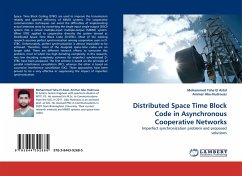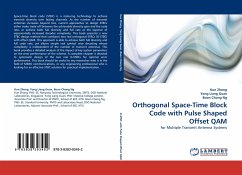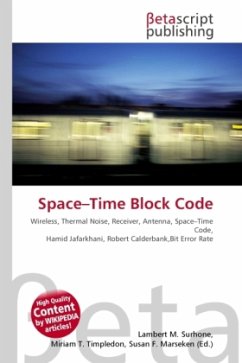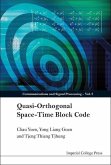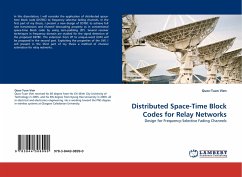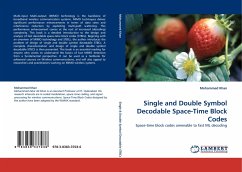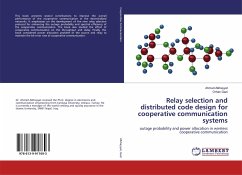Space- Time Block Coding (STBC) are used to improve the transmission reliably and spectral efficiency of MIMO systems. The cooperative communication techniques can avoid the difficulties of implementing actual antennas array by converting the single-input single-output (SISO) system into a virtual multiple-input multiple-output (MIMO) system. When STBC applied to cooperative diversity the system termed as Distributed Space Time Block Code (D-STBC). Most of the existing research assumes perfect synchronization among cooperative users in D-STBC. Unfortunately, perfect synchronization is almost impossible to be achieved. Therefore, most of the designed space-time codes are no longer valid. There are different research efforts to overcome this problem; most of which has high decoding complexity. In this research, two low decoding complexity schemes for imperfect synchronized D-STBC have been proposed. The first scheme is based on the principle of parallel interference cancellation (PIC), whereas the other is based on successive interference cancellation (SIC). These approaches have been proved to be a very effective in suppressing the impact of imperfect synchronization.
Bitte wählen Sie Ihr Anliegen aus.
Rechnungen
Retourenschein anfordern
Bestellstatus
Storno

